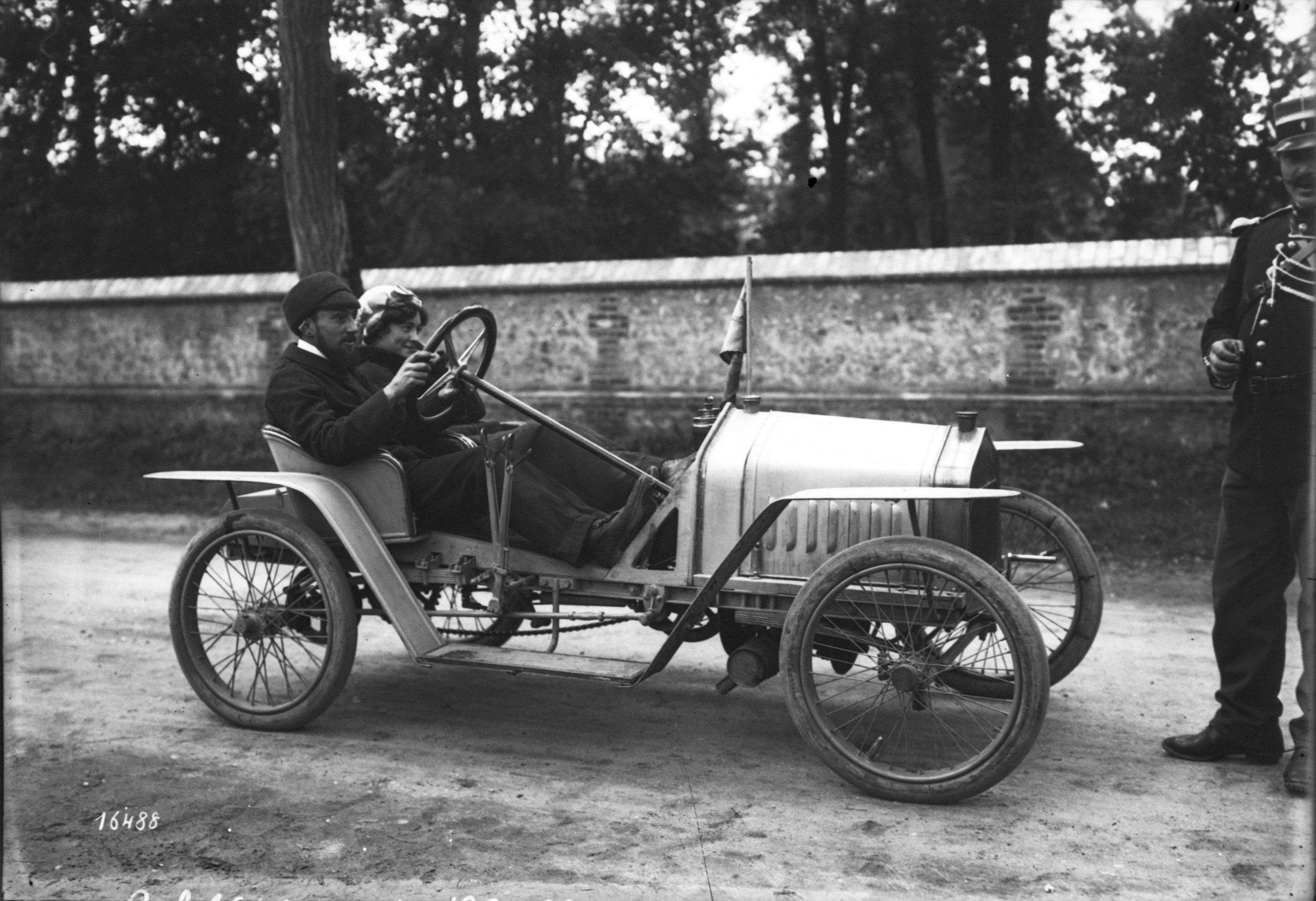|
Bradwell (car)
The Bradwell was a British four-wheeled cyclecar made in 1914 by Bradwell & Company in Folkestone Folkestone ( ) is a coastal town on the English Channel, in Kent, south-east England. The town lies on the southern edge of the North Downs at a valley between two cliffs. It was an important harbour, shipping port, and fashionable coastal res ..., Kent. The car had a lightweight single-seat body and was powered by a Precision, single-cylinder, 3 hp engine driving the rear wheels by belts. It cost £65. References Cyclecars Defunct motor vehicle manufacturers of England Vehicle manufacturing companies established in 1914 Defunct companies based in Kent Cars introduced in 1914 {{Brass-auto-stub ... [...More Info...] [...Related Items...] OR: [Wikipedia] [Google] [Baidu] |
Cyclecar
A cyclecar was a type of small, lightweight and inexpensive motorized car manufactured in Europe and the United States between 1910 and the early 1920s. The purpose of cyclecars was to fill a gap in the market between the motorcycle and the car. It could accommodate only two passengers, often sitting in tandem. The demise of cyclecars was due to larger cars – such as the Citroën Type C, Austin 7 and Morris Cowley – becoming more affordable. Small, inexpensive vehicles reappeared after World War II, and were known as microcars. Characteristics Cyclecars were propelled by engines with a single cylinder or V-twin configuration (or occasionally a three or four cylinder engine), which were often air-cooled. Sometimes motorcycle engines were used, in which case the motorcycle gearbox was also used. All cyclecars were required to have clutches and variable gears. This requirement could be fulfilled by even the simplest devices such as provision for slipping ... [...More Info...] [...Related Items...] OR: [Wikipedia] [Google] [Baidu] |
Folkestone
Folkestone ( ) is a coastal town on the English Channel, in Kent, south-east England. The town lies on the southern edge of the North Downs at a valley between two cliffs. It was an important harbour, shipping port, and fashionable coastal resort for most of the 19th and mid-20th centuries. This location has had a settlement since the Mesolithic era. A nunnery was founded by Eanswith, granddaughter of Æthelberht of Kent in the 7th century, who is still commemorated as part of the town's culture. During the 13th century, it developed into a seaport, and the harbour developed during the early 19th century to defend against a French invasion. Folkestone expanded further west after the arrival of the railway in 1843 as an elegant coastal resort, thanks to the investment of the Earl of Radnor under the urban plan of Decimus Burton. In its Edwardian-era heyday, Folkestone was considered the most fashionable resort of the time, visited by royalty — amongst them Queen Victoria and ... [...More Info...] [...Related Items...] OR: [Wikipedia] [Google] [Baidu] |
Cyclecars
A cyclecar was a type of small, lightweight and inexpensive motorized car manufactured in Europe and the United States between 1910 and the early 1920s. The purpose of cyclecars was to fill a gap in the market between the motorcycle and the car. It could accommodate only two passengers, often sitting in tandem. The demise of cyclecars was due to larger cars – such as the Citroën Type C, Austin 7 and Morris Cowley – becoming more affordable. Small, inexpensive vehicles reappeared after World War II, and were known as microcars. Characteristics Cyclecars were propelled by engines with a single cylinder or V-twin configuration (or occasionally a three or four cylinder engine), which were often air-cooled. Sometimes motorcycle engines were used, in which case the motorcycle gearbox was also used. All cyclecars were required to have clutches and variable gears. This requirement could be fulfilled by even the simplest devices such as provision for slipping th ... [...More Info...] [...Related Items...] OR: [Wikipedia] [Google] [Baidu] |
Defunct Motor Vehicle Manufacturers Of England
{{Disambiguation ...
Defunct may refer to: * ''Defunct'' (video game), 2014 * Zombie process or defunct process, in Unix-like operating systems See also * * :Former entities * End-of-life product * Obsolescence Obsolescence is the process of becoming antiquated, out of date, old-fashioned, no longer in general use, or no longer useful, or the condition of being in such a state. When used in a biological sense, it means imperfect or rudimentary when comp ... [...More Info...] [...Related Items...] OR: [Wikipedia] [Google] [Baidu] |
Vehicle Manufacturing Companies Established In 1914
A vehicle () is a machine designed for self-propulsion, usually to transport people, cargo, or both. The term "vehicle" typically refers to land vehicles such as human-powered vehicles (e.g. bicycles, tricycles, velomobiles), animal-powered transports (e.g. horse-drawn carriages/wagons, ox carts, dog sleds), motor vehicles (e.g. motorcycles, cars, trucks, buses, mobility scooters) and railed vehicles (trains, trams and monorails), but more broadly also includes cable transport ( cable cars and elevators), watercraft (ships, boats and underwater vehicles), amphibious vehicles (e.g. screw-propelled vehicles, hovercraft, seaplanes), aircraft (airplanes, helicopters, gliders and aerostats) and space vehicles (spacecraft, spaceplanes and launch vehicles). This article primarily concerns the more ubiquitous land vehicles, which can be broadly classified by the type of contact interface with the ground: wheels, tracks, rails or skis, as well as the non-contact technologies ... [...More Info...] [...Related Items...] OR: [Wikipedia] [Google] [Baidu] |
Defunct Companies Based In Kent
{{Disambiguation ...
Defunct may refer to: * ''Defunct'' (video game), 2014 * Zombie process or defunct process, in Unix-like operating systems See also * * :Former entities * End-of-life product * Obsolescence Obsolescence is the process of becoming antiquated, out of date, old-fashioned, no longer in general use, or no longer useful, or the condition of being in such a state. When used in a biological sense, it means imperfect or rudimentary when comp ... [...More Info...] [...Related Items...] OR: [Wikipedia] [Google] [Baidu] |


